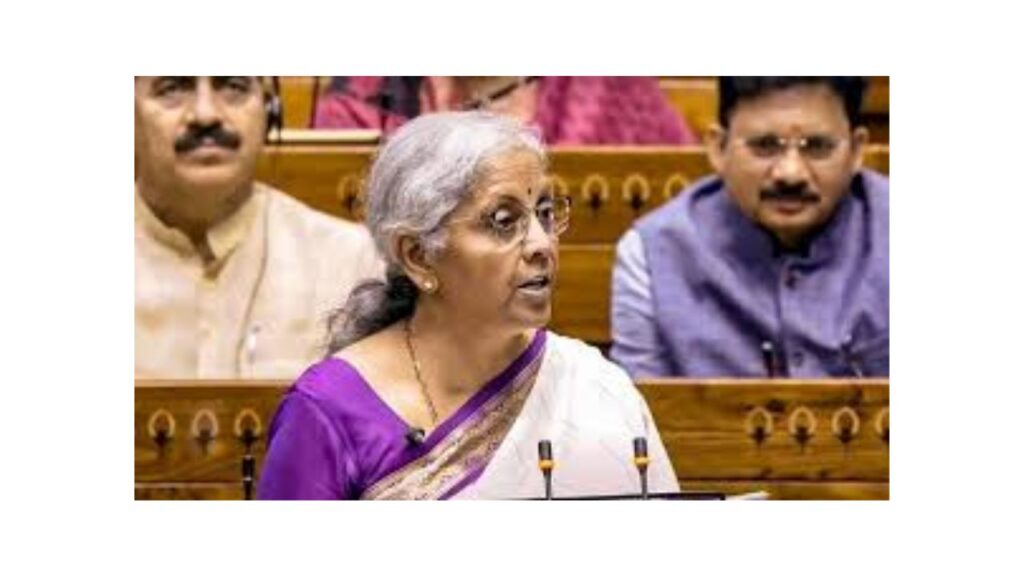According to the finance minister, MSME-related policies are intended to facilitate funding, ensure regulatory compliance, and provide technology support.
Union Finance Minister Nirmala Sitharaman announced a number of initiatives for the Micro, Small, and Medium Enterprises (MSME) sector, including raising the maximum amount of MUDRA loans from 10 lakh to 20 lakh and creating new food irradiation parks.
The measures pertaining to MSME’s, according to the finance minister, are intended to facilitate funding, ease regulatory compliance, and provide technology support. She claimed that these actions will allow these sectors to expand and contend on a worldwide scale.
One of the most important announcements is the raising of the MUDRA loan limit for the TARUN category from ₹10 lakhs to ₹20 lakhs. This will be accessible to business owners who have taken out and successfully repaid the full amount of a loan under the TARUN program.
The minister of finance also announced the introduction of a credit guarantee program for MSME manufacturing, which would allow them to get term loans without any collateral or third-party assurances for their acquisitions. Each application will receive guaranteed coverage up to ₹100 crore from a self-financing guarantee fund created by pooling the credit risk of enterprises, however the loan amount may be more. For the lowered loan amount, the borrower will be required to pay an annual guarantee cost in addition to an upfront guarantee fee.
The initiative will be taken by public sector banks to create their own credit evaluation of the borrower. Rather of using the more conventional approach based on asset and turnover, this will be based on the borrower’s digital footprint. MSME’s without a formal accounting system will also be covered by this new system.
Through a credit guarantee from a government-supported fund, the government will ensure credit availability in order to improve credit support to stressed MSME units in the Special Mention Account (SMA) stage. MSME units experiencing financial difficulties due to circumstances “beyond their control” will be eligible for this. According to Sitharaman, the goal is to keep these entities from turning into non-performing assets (NPAs).
Additionally, the government lowered the ₹500 crore turnover criterion for purchasers to become members of the TReDS platform to ₹250 crore. This will make it possible for 7000 additional businesses and 22 more PSUs to join TReDS. The addition of medium-sized businesses to the supplier pool will free up additional working capital by turning their trade receivables into cash.
The RBI states that TReDS is an electronic platform that makes it easier for Micro, Small, and Medium-Sized Enterprises (MSMEs) to finance or discount their trade receivables through a variety of lenders. These receivables may be owed by corporations, public sector undertakings (PSUs), government departments, and other buyers.
Within the next three years, new Small Industries Development Bank of India (SIDBI) branches will open to offer direct loan support. This year, twenty-four of these branches will open, bringing their services to 168 of the 242 key MSME clusters.
Sitharaman added that additional food irradiation, quality, and safety testing centers will be established by the government under the MSME category. In addition to facilitating the establishment of 100 NABL-accredited labs, financial help will be given for the construction of 50 multi-product food irradiation facilities.
The government announced the establishment of Public-Private-Partnership (PPP) e-commerce export hubs to assist MSME’s in expanding into new markets. These hubs would assist MSME’s and traditional craftspeople to sell their goods to foreign markets by facilitating trade and export-related activities under one roof.
According to Sitharaman, the NDA administration has identified manufacturing and services as one of its nine priority areas, with a focus on labor-intensive industry.
